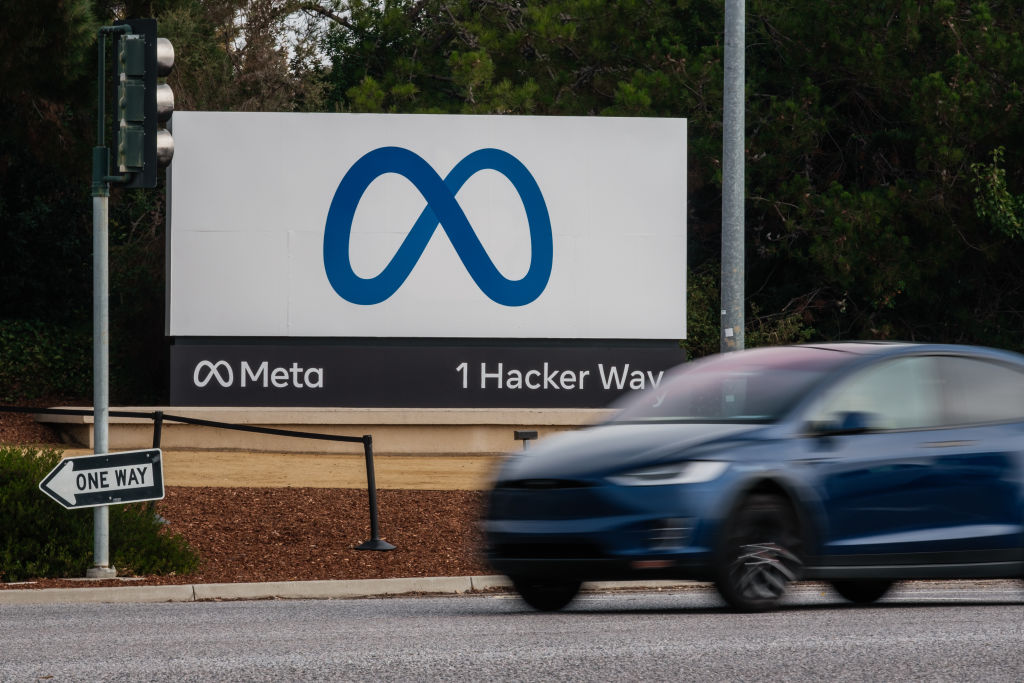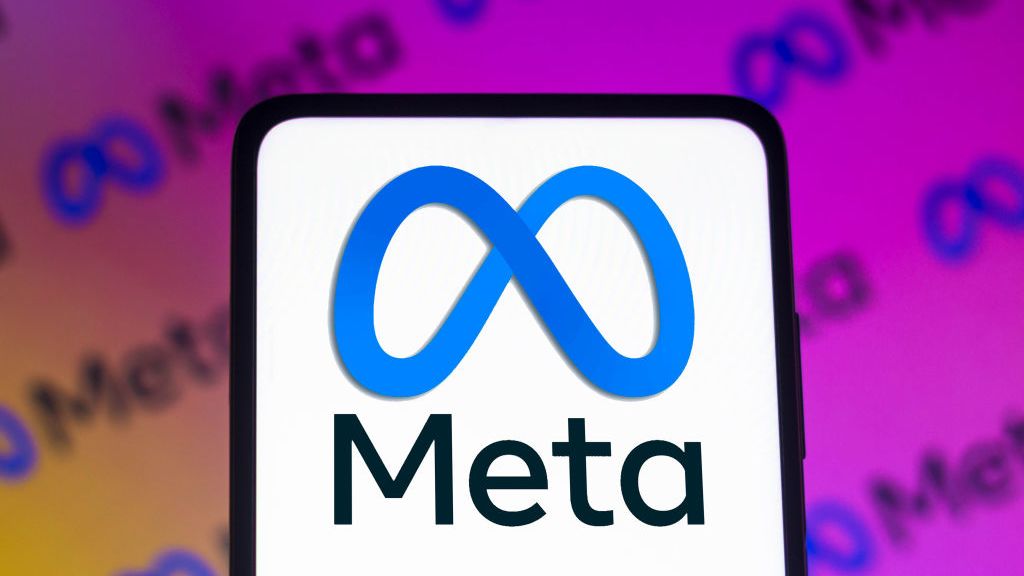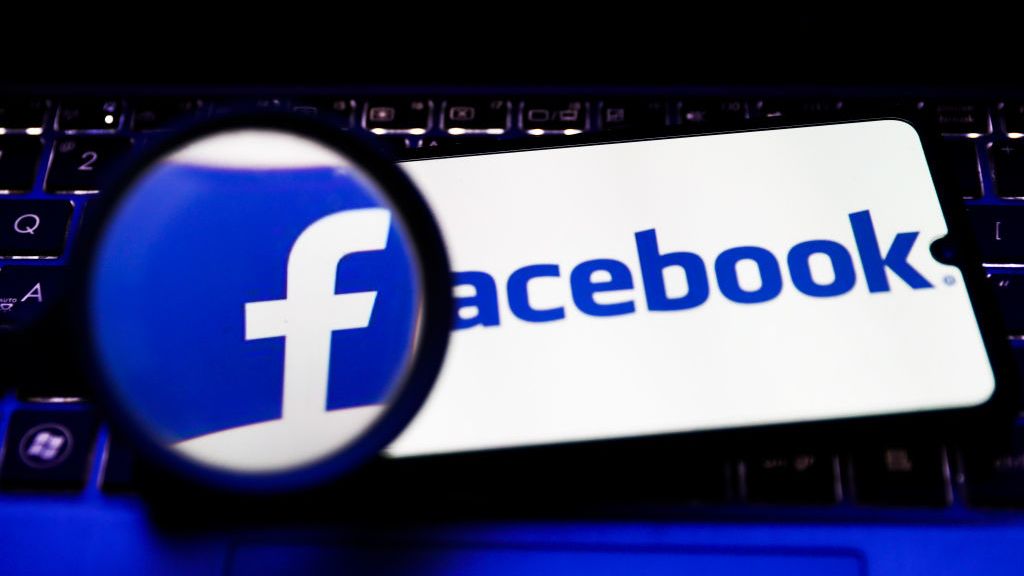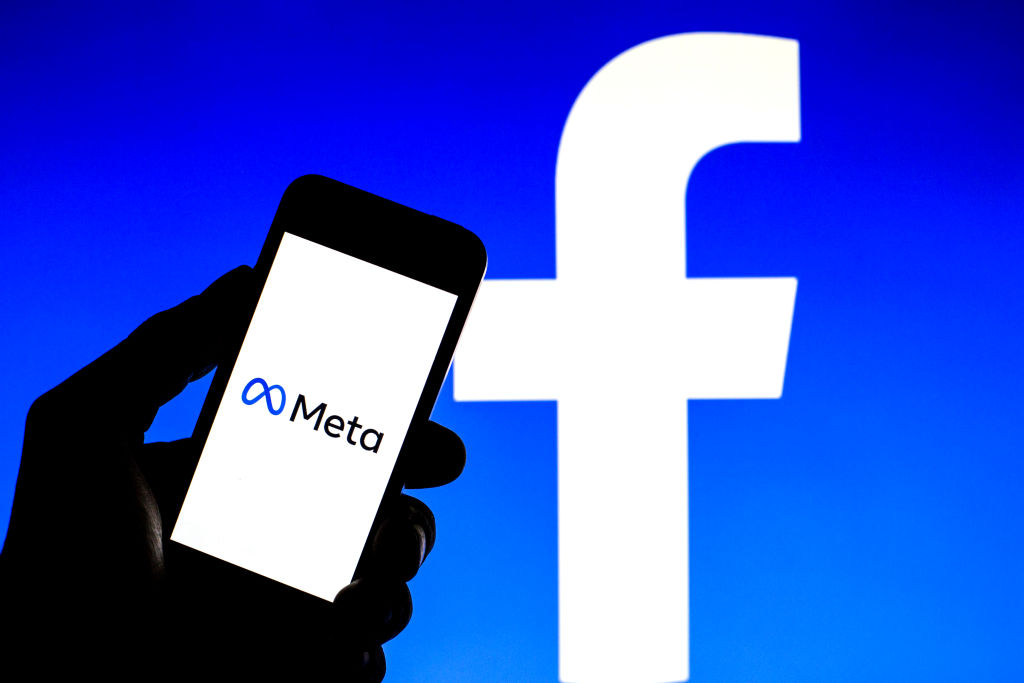FBI warns of Osama Bin Laden photo malware
Osama Bin Laden may be dead, but the FBI has warned of emails claiming to contain images of the former Al Qaeda leader.


The FBI has warned computer users may be hit by malware if they click on emails claiming to offer pictures of Osama Bin Laden's corpse.
Even if the messages appear to come from a known sender, recipients should still not download any files claiming to be photos or videos of Bin Laden, the FBI said.
"This malicious software, or 'malware,' can embed itself in computers and spread to users' contact lists, thereby infecting the systems of associates, friends and family members," the law enforcement body said in a statement.
"These viruses are often programmed to steal your personally identifiable information."
The former Al Qaeda leader may be gone, but scams using Bin Laden are very much alive, as cyber criminals look to popular web services to try and dupe users.
Symantec warned spam, malware and phishing attacks have flourished since the news broke.
"Currently, our decoy probes are receiving multiple malicious spam samples in Portuguese, French and Spanish," the firm revealed in a blog post.
Get the ITPro daily newsletter
Sign up today and you will receive a free copy of our Future Focus 2025 report - the leading guidance on AI, cybersecurity and other IT challenges as per 700+ senior executives
"Analysis of these attacks shows that most of the malicious attacks have originated from Brazil, Europe and the US."
Facebook has played home to a raft of scams based on the news story, with one asking users to copy and paste code into their address bar to view a video of Bin Laden being killed.
Users are then prompted to carry out a survey, which will earn the scammers money.
BitDefender research, meanwhile, has indicated 11.21 per cent of Facebook scams in the last 24 hours were themed around Bin Laden's death.
Yesterday, Sophos warned of poisoned SEO attacks on Google designed to ensnare those looking for information on the death of Bin Laden.
The end game for the cyber criminals in these attacks has been to get fake antivirus installed on users' systems.
On Sunday, between 6pm and 9pm PDT, Google saw a one million per cent increase in searches for the term "bin laden."
Tom Brewster is currently an associate editor at Forbes and an award-winning journalist who covers cyber security, surveillance, and privacy. Starting his career at ITPro as a staff writer and working up to a senior staff writer role, Tom has been covering the tech industry for more than ten years and is considered one of the leading journalists in his specialism.
He is a proud alum of the University of Sheffield where he secured an undergraduate degree in English Literature before undertaking a certification from General Assembly in web development.
-
 Two years on from its Series B round, Hack the Box is targeting further growth
Two years on from its Series B round, Hack the Box is targeting further growthNews Hack the Box has grown significantly in the last two years, and it shows no signs of slowing down
By Ross Kelly
-
 Dragging your feet on Windows 11 migration? Rising infostealer threats might change that
Dragging your feet on Windows 11 migration? Rising infostealer threats might change thatNews With the clock ticking down to the Windows 10 end of life deadline in October, organizations are dragging their feet on Windows 11 migration – and leaving their devices vulnerable as a result.
By Emma Woollacott
-
 Latest Meta GDPR fine brings 12-month total to more than €1 billion
Latest Meta GDPR fine brings 12-month total to more than €1 billionNews Meta was issued with two hefty GDPR fines for “forcing” users to consent to data processing
By Ross Kelly
-
 "Unacceptable" data scraping lands Meta a £228m data protection fine
"Unacceptable" data scraping lands Meta a £228m data protection fineNews The much-awaited decision follows the scraping of half a billion users' data and received unanimous approval from EU regulators
By Rory Bathgate
-
 Meta notifies around 1 million Facebook users of potential compromise through malicious apps
Meta notifies around 1 million Facebook users of potential compromise through malicious appsNews The vast majority of apps targeting iOS users appeared to be genuine apps for managing business functions such as advertising and analytics
By Connor Jones
-
 Facebook business accounts hijacked by infostealer malware campaign
Facebook business accounts hijacked by infostealer malware campaignNews Threat actors are using LinkedIn phishing to seize business, ad accounts for financial gain
By Rory Bathgate
-
 Meta begins encrypting Facebook URLs, nullifying tracking countermeasures
Meta begins encrypting Facebook URLs, nullifying tracking countermeasuresNews The move has made URL stripping impossible but will improve analytics
By Rory Bathgate
-
 Meta hit with €17 million fine over multiple GDPR breaches
Meta hit with €17 million fine over multiple GDPR breachesNews The social media giant set aside over €1 billion in November to help it cope with potential fines arising from data protection investigations
By Zach Marzouk
-
 Meta says Apple's iOS privacy changes will cost it $10 billion in 2022
Meta says Apple's iOS privacy changes will cost it $10 billion in 2022News The company's CFO suggests Google "faces a different set of restrictions" because it pays Apple to remain the default iOS search engine
By Bobby Hellard
-
 Google, Facebook fined €210 million for making it difficult for users to reject cookies
Google, Facebook fined €210 million for making it difficult for users to reject cookiesNews Data regulator CNIL gives companies three months to provide a system for refusing cookies that is as easy as single click consent
By Zach Marzouk